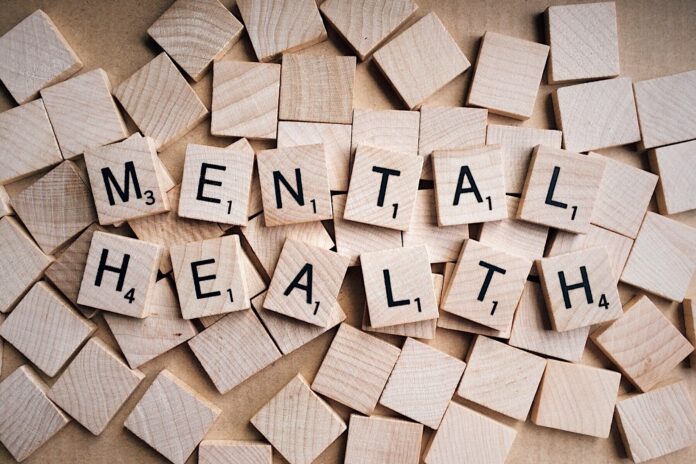Are you feeling stuck? Are you feeling unmotivated or overall stressed out? Well, in this day and age we are constantly surrounded by things that weigh us down and stress us out. This goes for anyone who is working a job and full time in college, or anyone working multiple jobs or even a student with an accelerated course of study. Everyone experiences stress or mental strain in their own way, so this article is to help remind you of what you can do to help your mental health strive!
1. Meditation
Meditation is a great way to calm your mind and relax your body. The Mayo Clinic describes meditation as when you “focus your attention and eliminate the stream of jumbled thoughts that may be crowding your mind and causing stress. This process may result in enhanced physical and emotional well-being.” Some benefits to meditation according to the Mayo Clinic include:
- Gaining a new perspective on stressful situations
- Building skills to manage your stress
- Increasing self-awareness
- Focusing on the present
- Reducing negative emotions
- Increasing imagination and creativity
- Increasing patience and tolerance
- Lowering resting heart rate
- Lowering resting blood pressure
- Improving sleep quality
The best part about meditation is that you can do it anywhere at anytime. You can also do it for five minuets or hours depending on how time you feel you may need.
2. Physical Exercise
Another good way to help your mental health is physical exercise. It has been proven by multiple sources that physical health is directly related to mental health. The UK Mental Health Foundation says “Being active releases chemicals in your brain that make you feel good – boosting your self-esteem and helping you concentrate as well as sleep well and feel better.” Just like meditation, you also can do this anywhere at anytime. You don’t need an expensive gym or a trainer to achieve quality physical activity. The UK Mental Health Foundation states that running, jogging, and brisk walking can cause:
- less tension, stress and mental fatigue
- a natural energy boost
- a sense of achievement
- more focus and motivation
- feeling less angry or frustrated
- a healthy appetite
Physical exercise for some may look different for others and that’s okay! Any amount of physical activity is beneficial for the mind and body. It is important that you never push yourself too much and try to find physical activities that you enjoy doing.
3. Doing a hobby
Hobbies can be very important for mental relaxation. A hobby is something that you enjoy doing like playing music, creating something, writing, drawing, etc. Hobbies are very important for people to have, however don’t mistake a hobby for scrolling on social media for hours. Hobbies are typically meant to progress your mind in a way that you are interested in. The Head to Health Organization says ” Research shows that people with hobbies are less likely to suffer from stress, low mood, and depression. Activities that get you out and about can make you feel happier and more relaxed. Group activities like team sports can improve your communication skills and relationships with others. “
If you wonder how you can make time for a hobby during a busy day, Utah State University’s Mental Health Education Extension gives good tips as to how you can make time for your hobbies.
- Rather than trying to find ‘hobby time’ every day, try thinking of time in weeks to discover extra time hidden in your schedule. Dedicate a few hours for something you enjoy each week. Still struggling to find time for fun? Take a step back and say ‘no’ (or delegate) to lighten your load and make space for hobbies.
- There are many times during the day we may find ourselves in autopilot mode. It’s easy to lose track of time doing mindless things like checking social media or watching television. Tune in to how you’re spending down time, whether it’s in the morning or evening, and consider how you might use that time to indulge in something you enjoy.
- More and more research supports taking ‘micro breaks’ during the work day to increase overall productivity. Take advantage of these short breaks throughout the day to do something that brings you joy, like taking a walk outside, listening to your favorite podcast or music, reading a chapter or two of a good book, or visiting with others.
There are many other ways to relax your mind such as watching your favorite show or spending some time on Social Media, however these ways of mental rest can lead to feeling unproductive if you scroll to long and ultimately leave you right back where you started. Small amounts of entertainment like a movie or an hour of screen time are okay, but hours of screen time can be detrimental to your mental health. Instead of this, consider the three ways provided if you are feeling stressed or unmotivated.
For more information visit: https://www.headtohealth.gov.au/meaningful-life/purposeful-activity/hobbies#:~:text=Research%20shows%20that%20people%20with,skills%20and%20relationships%20with%20others.
https://extension.usu.edu/mentalhealth/articles/how-hobbies-improve-mental-health


























